Market Analysis
In-depth Analysis of Veterinary Software Market Industry Landscape
The veterinary software market landscape has experienced a huge transformation due to enhanced innovation technologies, digitization of the veterinary practices, demand for effective client management, and emphasis on providing comprehensive medical care to animals. Veterinary program embodies the variety of the types of the applications which embrace the practice management systems and electronic medical records (EMR) along with the imaging software and the specific communication tool focused to the unique requirements of veterinary clinics and hospitals. The main factor deciding the fate within the veterinary software market is an untangled workflow of vet practices and patient care that is improving.
The application of practice management systems is a key factor in changing dynamics of veterinay software. Systems like these consolidate administrative functions like appointment scheduling, billing, and inventory management into the main processing area. Vet workers maximize the efficiency of their veterinary practices by effectively managing their practices, building a close connection with clients, and optimizing the day-to-day running of the business. Not only does digitization of administrative responsibilities help optimize the operations but it also enables the practitioners to allot more time during the patient management.
Through the technological improvements that have taken place in veterinary software, the creation of the market dynamics has indeed been a crucial motivation. The creation of veterinary EMR (electronic medical records) where practitioners keep the patient health history in digital format becomes the most convenient way of accessing and storing medical information. Thus, data access is enabled, and patient histories, diagnostics, and treatment plans become accessible at any time, resulting in better quality of veterinary care. Dialoging with imaging software for the diagnostics as well as laboratory management systems allows the creation of an entire system for animal care.
Consequently, the software technology competition in the veterinary field has drastically increased, as software developers, technology companies, and Health IT firms take cognizance of the avenue for innovations within animal healthcare. The rival landscape motivates continuous improvements and development of easy to use interfaces, interoperable answers to the huge variety of clinical applications and respond well to special decentralized care settings. The interaction between software vendors and veterinary professionals must be rendering success in the creation of veterinary software to dovetail the various veterinary care environments.
The progress of global veterinarian practice has immensely been propelled by the transformation of the digital space amid pandemics and this has called for the use of veterinary software. The requirement for appointments through virtual means rather than in-person, telemedicine solutions, and remote access to patient records were all of more importance during the period of the pandemic. The implementation of the veterinary software proved to be a key factor in providing telehealth services for animals by expanding the option of virtual consultations and ensuring a smooth continuation of care.


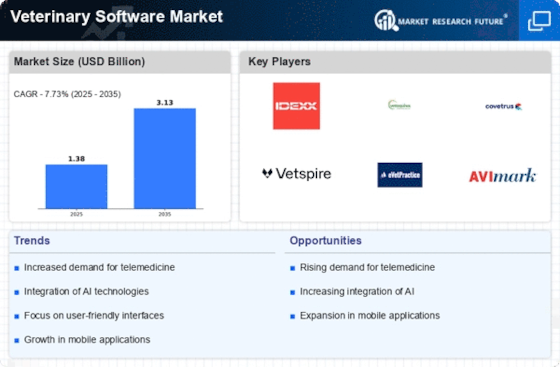
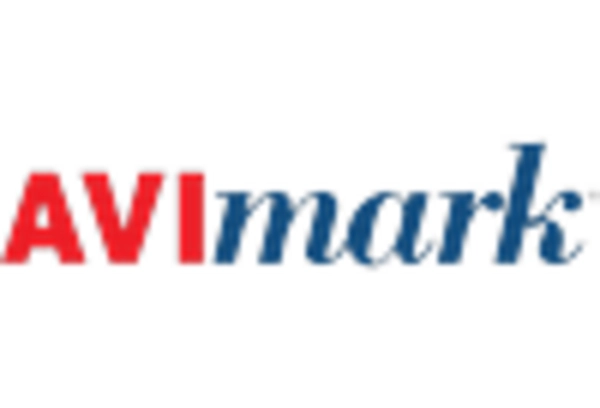
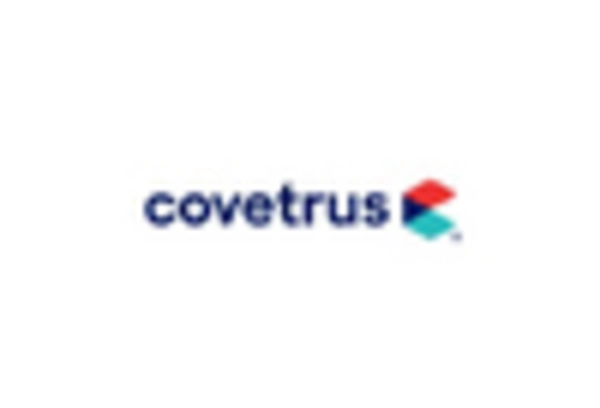
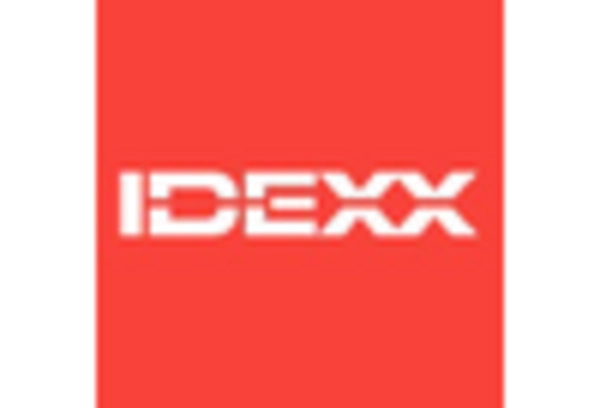

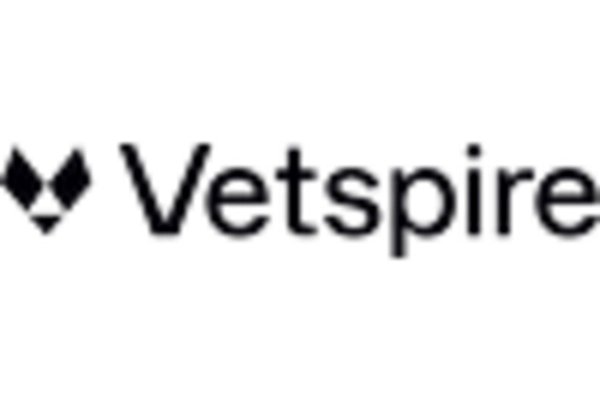
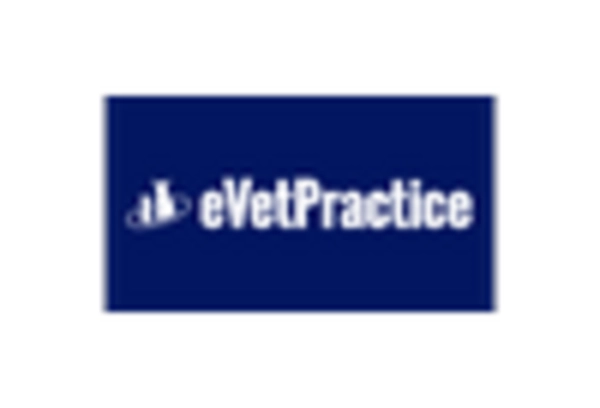










Leave a Comment